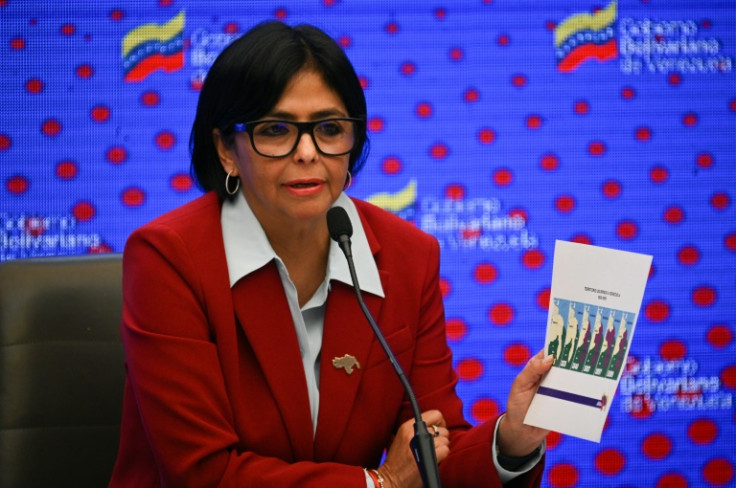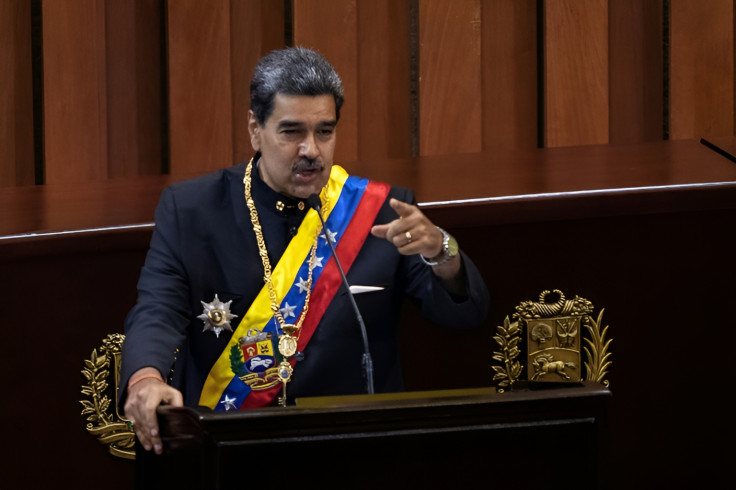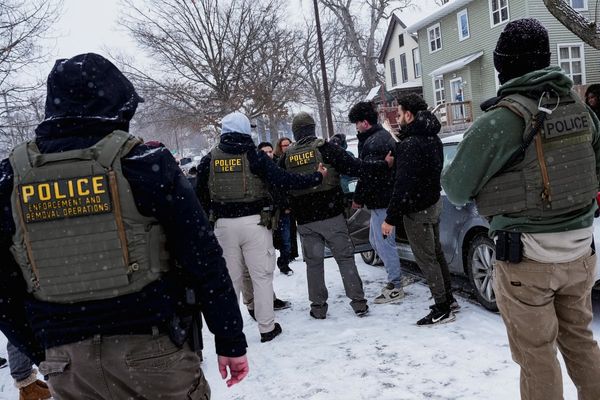
Venezuela's government-controlled Legislative Assembly introduced a law against "fascism, neofascism and similar expressions," an initiative that critics say is aimed at crushing dissent in the country.
The bill was introduced by the country's executive vice president, Delcy Rodríguez, and establishes "means to preserve the public calm and the democratic exercise of the popular will."
When doing so, Rodríguez made a not-so-veiled reference to the country's opposition. She named widespread protests against the government in 2014 and 2017 and said that "extremists" asked for a "criminal blockade" to cause an "economic and social genocide."
Following that argumentative line, the official added that these "extremists" have "openly disregarded Venezuela's institutions" and seek to "take over the political branch."
But what does this bill seek? Firstly, it prohibits the "spread of messages that promote violence as a method of political action." It also creates a "commission against fascism" and an international network of groups committed to advancing these goals. It also imposes "criminal and administrative sanctions" to those who break the law.
The bill comes as the Maduro government faces increased criticism for preventing several opposition figures from competing in the presidential elections. In fact, some of those who expressed concern over the decisions included the presidents of Colombia and Brazil, regional figures who had one of the most cordial relationships with Maduro.

Colombian President Gustavo Petro also criticized Venezuela's disqualification of opposition candidate Maria Corina Machado as an "anti-democratic coup." He also spoke against the banning of Corina Yoris, a unity candidate chosen after Machado's ban. Brazil's Luiz Inácio Lula da Silva, on his end, said there was "no legal or political explanation for banning an opponent from being a candidate."
"I told Maduro that the most important thing to restore normality in Venezuela was to avoid any problems in the electoral process, that the elections be held in the most democratic way possible."
In this context, Machado urged the international community to heap more pressure on Maduro to allow the coalition's chosen candidate to take part in July elections. She also thanked Brazil and Colombia for their statements.
"I call on the democratic leaders of the world to join the efforts of presidents and governments in demanding that the Maduro regime allow the registration of Corina Yoris as a candidate in the presidential elections."
Machado's Democratic Unitary Platform (PUD) was forced to register an unknown candidate after being unable to sign up Yoris -already a plan B- to face off against Maduro, who is seeking a third term in office.
After being unable to register Yoris by the deadline, the PUD managed to slip in the name of a little-known former ambassador, Edmundo Gonzalez Urrutia, as a "provisional" candidate who Machado now hopes she will be able to replace.
Another candidate, Manuel Rosales, the governor of the oil-rich province of Zulia and a member of the PUD coalition, also managed to sign up last-minute -- though he has been accused of "betrayal" by Yoris for splitting the opposition vote.
© 2024 Latin Times. All rights reserved. Do not reproduce without permission.







